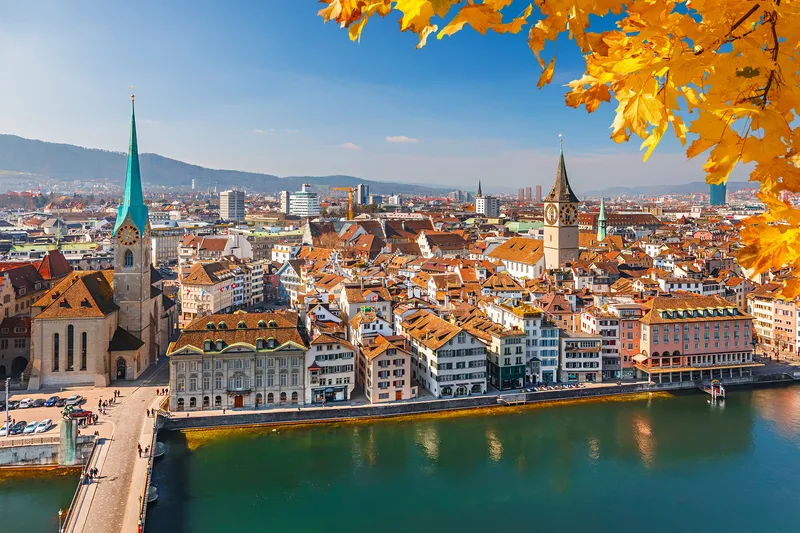The survey also points out that the number of those likely to choose ride-sharing over taxi services is notably higher in emerging economies such as Brazil, India, and China (37 per cent), Latin America (36 per cent) and the Middle East and North Africa (31 per cent). The warmer embrace of ride-sharing technologies by citizens in emerging economies could very well be attributed to less well developed traditional taxi systems.
“Citizens in emerging economies are generally more drawn to ride-sharing applications than those in developed countries”, said CIGI Senior Fellow Eric Jardine. “Despite these differences, one thing that the majority of users around the world agreed on is that the status quo isn’t tenable. Simply put, self-regulation by ride-sharing programs is not enough and governments have a clear role to play in filling this gap with much-needed policy”.
The survey of 24,225 Internet users was conducted by global research company Ipsos, on behalf of CIGI between December 23, 2016, and March 21, 2017. The survey was conducted in 24 countries—Australia, Brazil, Canada, China, Egypt, France, Germany, Hong Kong (China), India, Indonesia, Italy, Japan, Kenya, Mexico, Nigeria, Pakistan, Poland, Republic of Korea, South Africa, Sweden, Tunisia, Turkey, United Kingdom and the United States.
Users want ridesharing technologies regulated, says global survey
A new survey by the Global Security & Politics program at the Centre for International Governance Innovation (CIGI) finds that a majority globally (63 per cent) believe that ridesharing services should be regulated similar to taxis. This new data comes at a time when Uber, Lyft and other ridesharing apps continue to expand their products and services to new markets around the world.
The survey also points out that the number of those likely to choose ride-sharing over taxi services is notably higher in
August 25, 2017
Read time: 2 mins
A new survey by the Global Security & Politics program at the Centre for International Governance Innovation (CIGI) finds that a majority globally (63 per cent) believe that ridesharing services should be regulated similar to taxis. This new data comes at a time when Uber, Lyft and other ridesharing apps continue to expand their products and services to new markets around the world.










